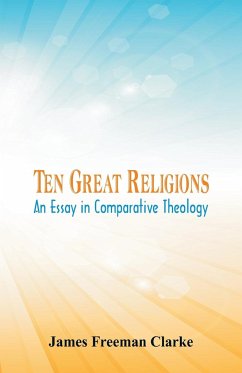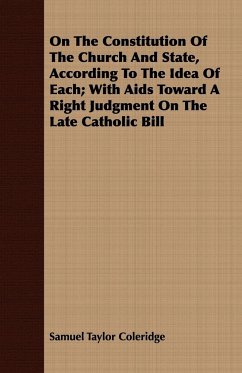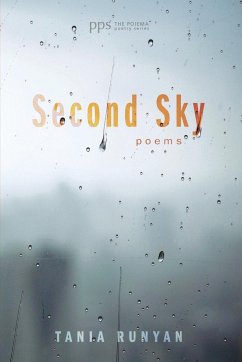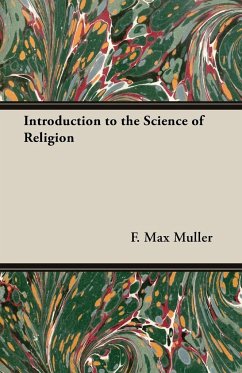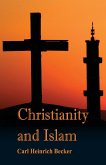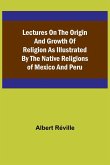The author's aim through this book is to enable the reader to become acquainted with the doctrines and customs of the principal religions of the world, without having to consult numerous volumes. He has not come to the task without some preparation, for it is more than twenty five years since he first made of this study a speciality. In this volume it is attempted to give the latest results of modern investigations, so far as any definite and trust worthy facts have been attained. But the writer is well aware of the difficulty of being always accurate in a task which involves such interminable study and such an amount of details.
Hinweis: Dieser Artikel kann nur an eine deutsche Lieferadresse ausgeliefert werden.
Hinweis: Dieser Artikel kann nur an eine deutsche Lieferadresse ausgeliefert werden.

